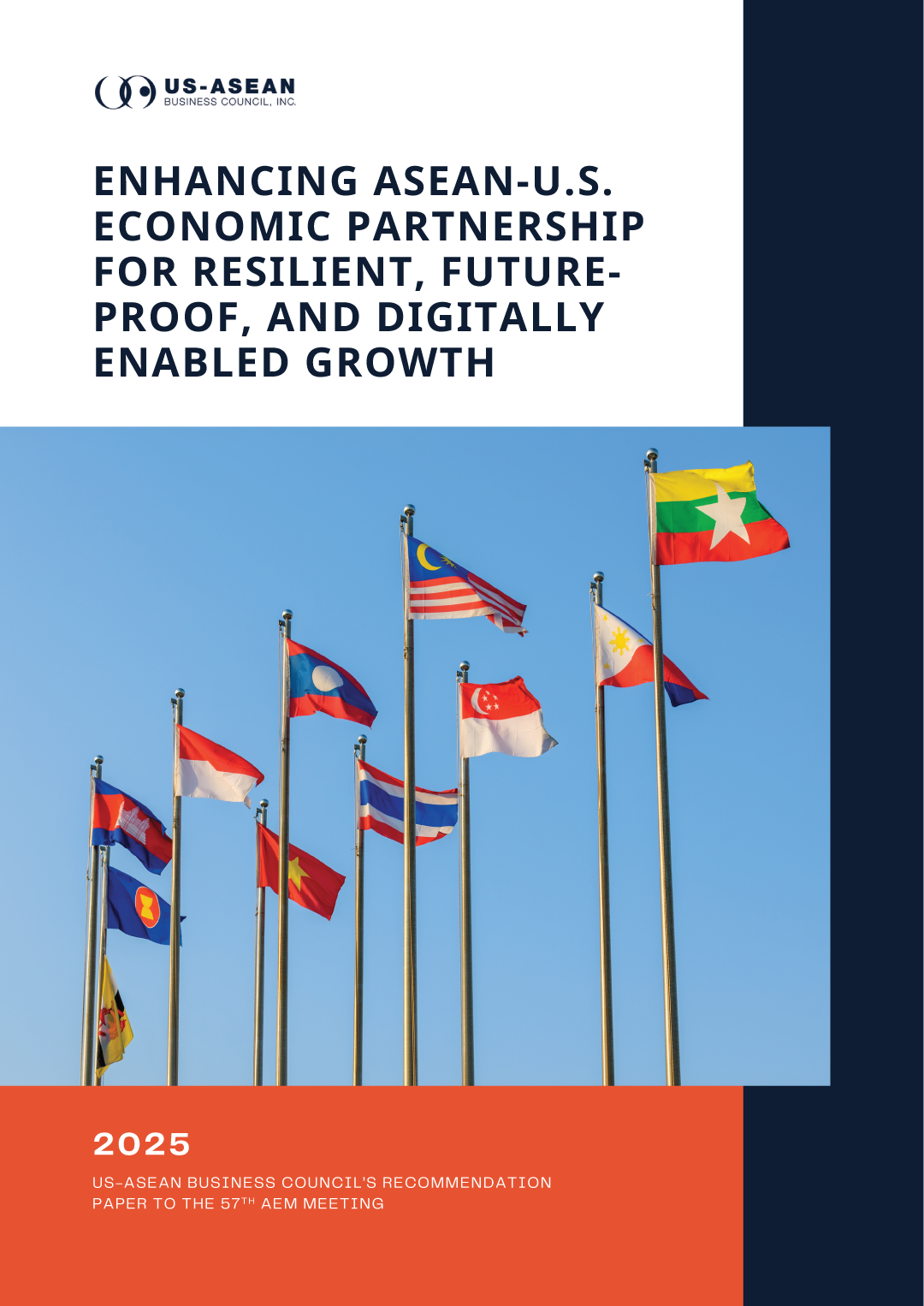Thailand Rolls Out Its First Phase of Their “Digital Wallet” Stimulus

Thailand Government’s first phase of their $14 billion (USD) “digital wallet” stimulus program has begun distribution following the implementation of this flagship program in July 2024. As each of the 14.5 million people expected to get a handout of 10 million baht ($300), Prime Minister Paetongtarn Shinawatra is estimating that the first phase alone should boost growth and GDP by 0.3 percentage points this year. In the longer term, the government aims to attract more investors, develop infrastructure, and provide loans for small businesses to boost GDP growth to 3%. Year-end stimulus programs, including tax measures and spending incentives, are anticipated. However, these measures will not replicate the previous "half half" co-payment scheme as purchase-based tax deductions are among the options being considered. The Thai government is preparing these tools and will implement them by the end of the year, although announcing them too early might delay December spending.
The digital wallet scheme undoubtedly benefits near-term consumption, but there is concern that without accompanying structural reforms, it could merely provide a temporary boost rather than a long-term solution to the country’s deeper economic issues. Critics argue that a focus on immediate relief may overlook necessary investments in education and technology, which are crucial for sustainable growth. As the government navigates these challenges, the effectiveness of the stimulus will largely depend on its ability to foster a resilient economic environment in the face of evolving global trends. With the second phase not anticipated to be rolled out until 2025, only time will tell how effective the “digital wallet” scheme will be.










